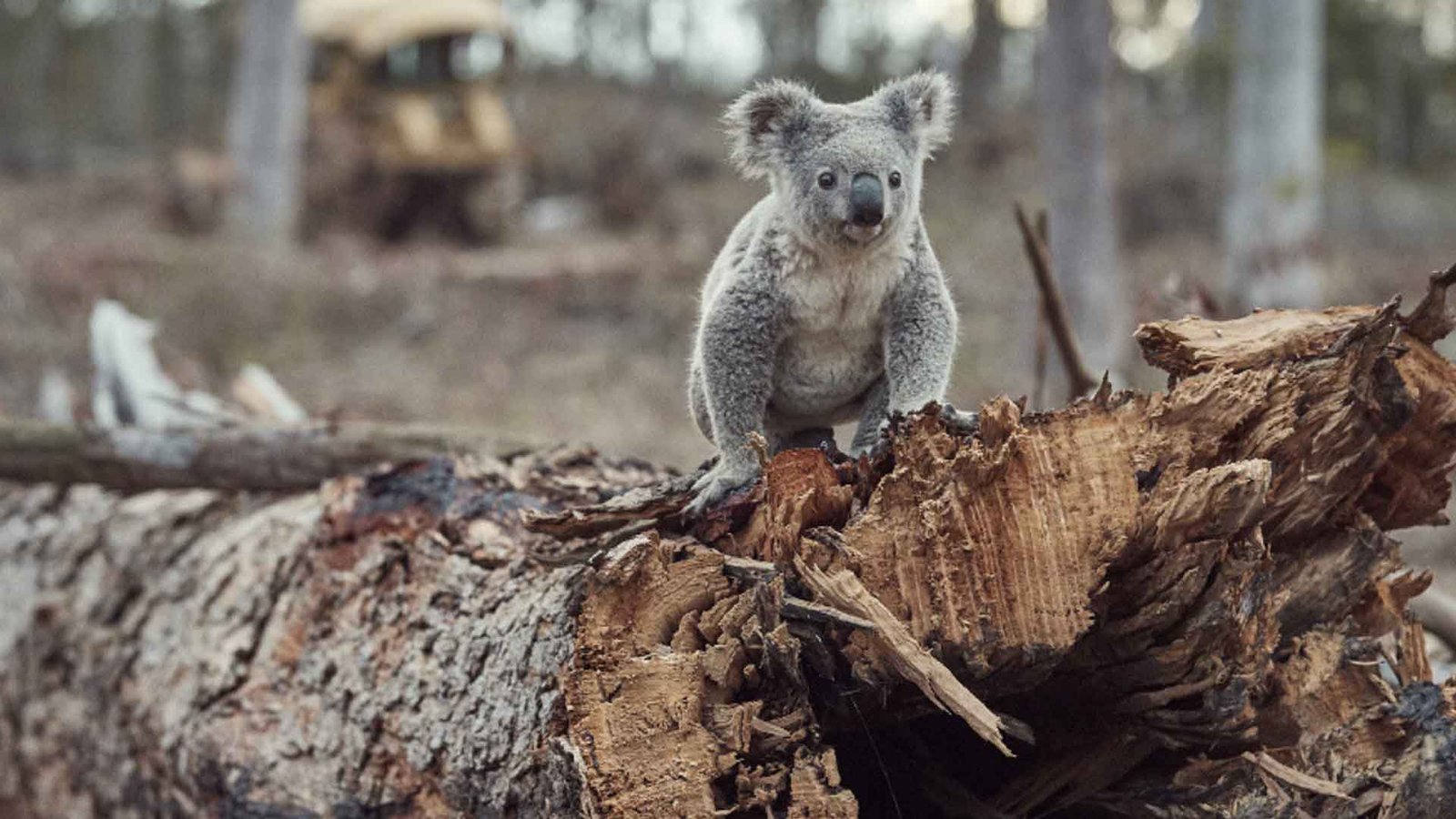Climate change is a significant environmental challenge that the world faces today. Global temperatures are increasing, leading to melting glaciers, rising sea levels, and extreme weather conditions that affect both humans and the natural world, including wildlife and ecosystems.
The Intergovernmental Panel on Climate Change (IPCC), the world’s leading authority on climate science, has warned that the impacts of climate change on wildlife and ecosystems around the world will be profound and severe. Depending on the type of ecosystem and region, these impacts will vary.
One of the most significant effects of climate change on wildlife is the alteration of habitats. As temperatures rise, habitats that are crucial for many species, such as polar ice caps and alpine meadows, are disappearing, leading to a decline in species populations and biodiversity loss. For instance, the melting of the Arctic ice cap poses a threat to species such as polar bears, walruses, and Arctic foxes.
Changes in the timing of seasonal events, such as migration, hibernation, and breeding, due to climate change, can disrupt the delicate balance of ecosystems. This can affect food availability and breeding opportunities, leading to a decline in species populations.
Additionally, climate change is causing ocean acidification, which is significantly impacting marine ecosystems. As carbon dioxide levels in the atmosphere increase, the ocean absorbs more carbon dioxide, resulting in the seawater’s pH level decreasing. This can have a devastating effect on marine life, including coral reefs and shellfish, which are crucial components of marine ecosystems.
Moreover, climate change is making extreme weather events like droughts, floods, and wildfires more frequent and severe, causing habitat destruction, food shortages, and population declines.
The IPCC report suggests that urgent action is required to limit global warming to 1.5°C above pre-industrial levels to prevent the worst impacts of climate change. Failure to act could lead to irreversible damage to the planet’s biodiversity and ecosystems.
Climate change is caused by an increase in greenhouse gases such as carbon dioxide, which trap heat from the sun, causing the Earth’s temperature to rise. The effects of climate change affect both humans and the natural world. Changes in the timing of seasonal events have disrupted the predator-prey relationship and food availability, leading to changes in population sizes and biodiversity.
The United Nations reports that climate change is causing a range of impacts on wildlife and ecosystems, including changes in habitat, declines in species populations, changes in behaviour, increased risk of disease, and coral bleaching.
The impact of climate change on wildlife and ecosystems has far-reaching social and economic consequences. Many communities rely on natural resources such as fish and timber for their livelihoods, and changes to these resources can have significant consequences for their well-being.
In summary, climate change is causing significant and far-reaching impacts on the world’s wildlife and ecosystems. Urgent action is needed to reduce greenhouse gas emissions and limit global warming. Protecting the planet’s biodiversity and ecosystems can help ensure the well-being of both humans and the natural world.

Meet Sir Faisal Amin – a visionary educator and content management expert, who has made a lasting impact in the education sector with his unwavering commitment and passion.








